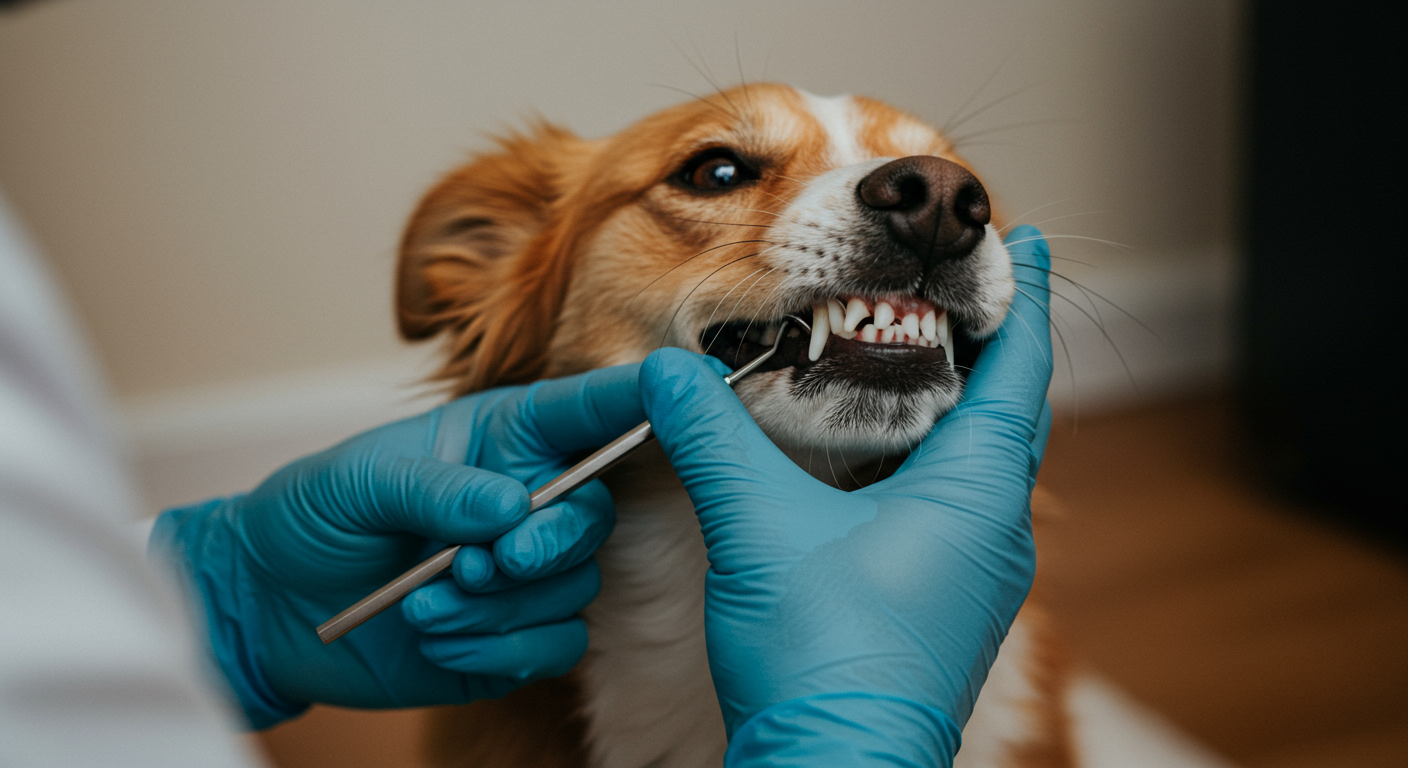As experienced pet parents, you understand that comprehensive care goes beyond the basics. Maintaining your dog’s dental health is not just about a bright smile; it’s crucial for their overall well-being. This guide delves into advanced strategies and insights, helping you optimize your dog’s oral hygiene and prevent serious dental issues.

Deep Dive into Dog Dental Care for Experienced Pet Parents
Regular dental care is a cornerstone of a healthy dog. Periodontal disease is one of the most common ailments in dogs, often leading to pain, tooth loss, and even systemic health problems. This guide provides practical, actionable steps to keep your dog’s teeth in top condition.
Advanced Strategies and Insights
Brushing Your Dog's Teeth Effectively
Brushing your dog’s teeth is the gold standard for preventing dental disease. Start by selecting a dog-specific toothbrush and toothpaste. Human toothpaste is not safe for dogs. Introduce brushing gradually, allowing your dog to get used to the process. Focus on the outer surfaces of the teeth, where plaque and tartar accumulate most readily. Use a gentle, circular motion. Aim for daily brushing, but even a few times a week makes a significant difference.
Dental Chews and Toys: More Than Just Fun
Choosing the right dental chews can significantly aid in your dog’s oral health. Look for chews specifically designed to reduce plaque and tartar buildup. Ensure chews are the appropriate size for your dog to prevent choking hazards. Rotate different types of chews to keep your dog engaged and provide varied dental benefits. Some excellent options include Dental Chews designed to scrape away plaque. Also consider interactive toys like the Kong Toy that promote chewing and oral stimulation.
The Role of Diet in Canine Dental Health
Diet plays a vital role. High-quality dry kibble can help scrape away plaque as your dog chews. Consider supplementing with dental-specific diets, recommended by your veterinarian, which are designed to reduce tartar. Avoid excessive treats and table scraps, which can contribute to dental problems. Regular dental-specific diets can reduce plaque and tartar. Review the ingredients and consult your veterinarian on any diet changes.
Professional Veterinary Dental Cleanings
Even with diligent home care, professional dental cleanings are essential. Your veterinarian can assess your dog’s oral health and identify problems that may not be visible at home. Cleanings often involve scaling and polishing the teeth, sometimes requiring anesthesia. These cleanings allow your vet to assess and address issues like gingivitis and tooth decay. Schedule regular checkups and cleanings as recommended by your vet; generally, this is annually or every other year, depending on the dog’s breed and predisposition.
Case Study: Achieving Optimal Dental Health
Consider the case of a senior Golden Retriever named Max. Max’s owner noticed he was developing bad breath, a key sign of dental disease. By implementing a daily brushing routine, introducing dental chews, and scheduling professional cleanings, Max's oral health dramatically improved, eliminating pain and improving his overall well-being. Max’s story underscores the importance of proactive dental care.
Navigating Complex Pet Challenges
Dealing with dental challenges can be complex. If your dog resists brushing, try gradually introducing the toothbrush and toothpaste. If you notice signs of dental disease, such as bad breath, excessive drooling, or difficulty eating, consult your vet immediately. Your veterinarian may recommend a dental cleaning, antibiotics, or other treatments.
Integrating Advanced Care Practices
Integrate dental care seamlessly into your daily routine. Keep dental supplies readily available. Make brushing time a positive experience by using positive reinforcement. Be aware of any changes in your dog’s behavior. Early detection and treatment are key to preventing serious dental problems.
Long-Term Wellness & Longevity Tips
Consistent dental care contributes significantly to your dog’s longevity and quality of life. Maintain a proactive approach to dental health. Combine home care with regular veterinary checkups and professional cleanings. By prioritizing dental health, you’re investing in a happier, healthier, and longer life for your canine companion.
Expert-Level Pet Care Insights
Consult with your veterinarian for personalized advice. Consider dental health supplements but always discuss them with your vet first. Stay informed about the latest dental care advances and be proactive in protecting your dog’s smile.